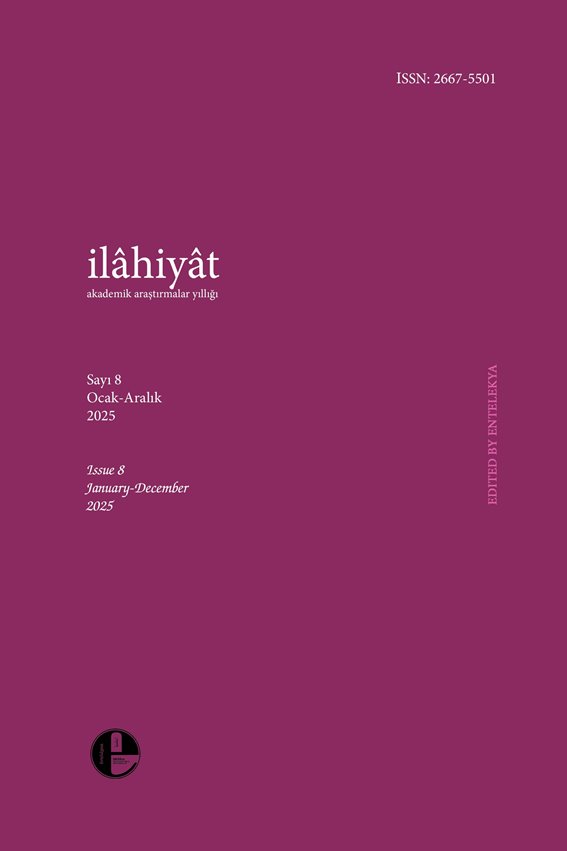The Idea of Ilhad in Classical Islamic Theology in the Context of a Barahima-centered Reading
DOI:
https://doi.org/10.5281/zenodo.15057308Keywords:
Kalam, Barahima, ilhad, Islam, denialAbstract
In the dictionary, ilhad means “to incline towards, to deviate from the truth, not to do what is commanded, to doubt, to struggle and argue”, and as a theological term it is used to mean “to deny the existence or unity of God, to deny the basic provisions of religion, to have or arouse doubts about them, and to take religious rules lightly”. A person who deviates from the faith is called a mulhid. Especially during the Abbasid period, with the increase in interest in Indian and Persian culture, the belief in tawassu' and hulul, the denigration or denial of Islamic forms of worship, and the idea of denial of prophethood, which expresses ilhad in one aspect or another, were expressed secretly or openly. The ilhad sects that emerged from these movements have been meticulously analyzed and criticized by thinkers and scholars who defend the fundamental beliefs of Islam. In this article, the concept of ilhad will be evaluated in light of the views of classical Islamic theologians, focusing on the Barahima.
Published
Issue
Section
License
Copyright (c) 2025 Bedriye Güllü (Yazar)

This work is licensed under a Creative Commons Attribution-NonCommercial 4.0 International License.




